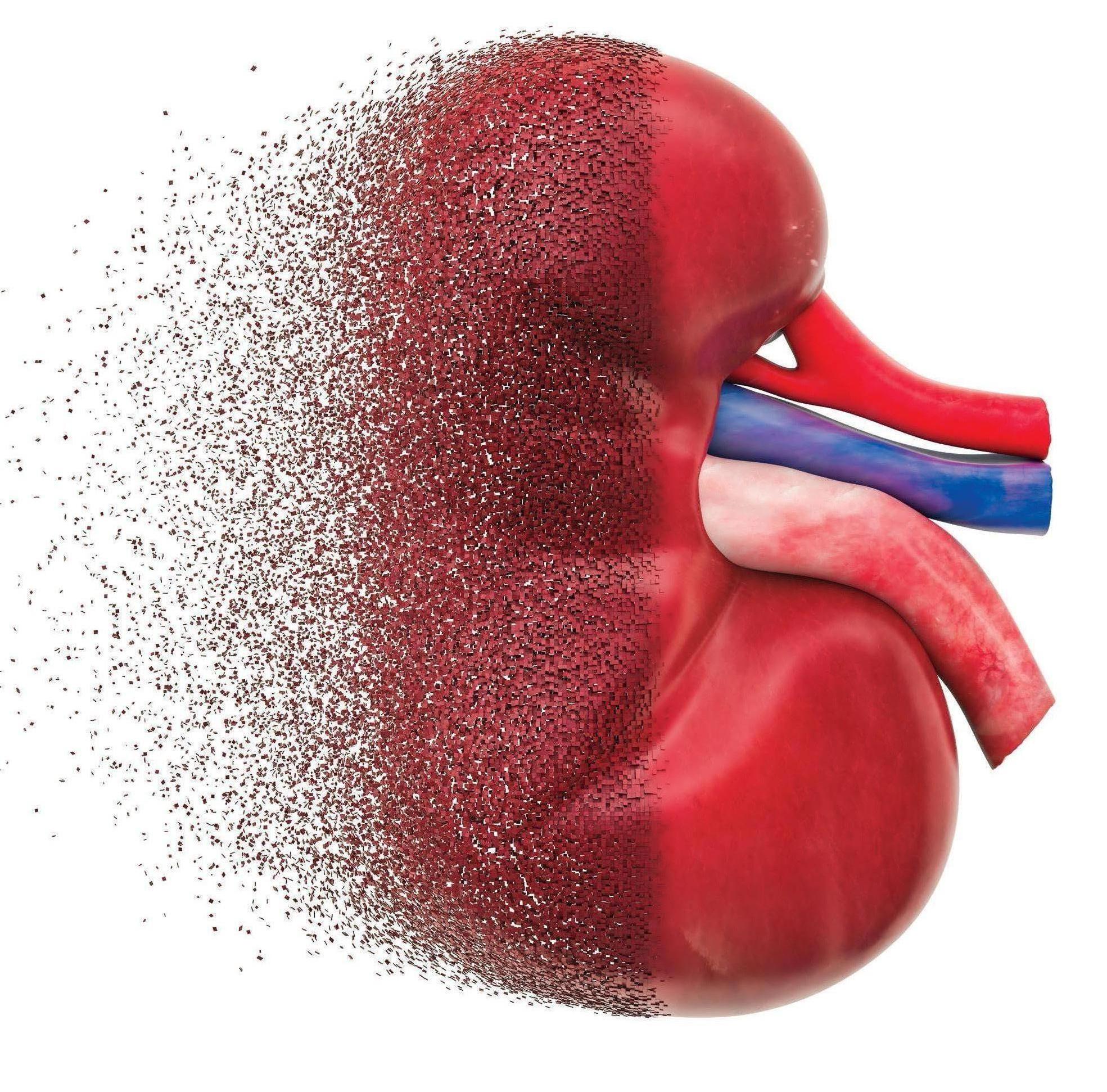
MORE THAN 30 years and 35 countries. These are the only definitive data available about the chronic kidney disease of unknown origin or CKDU-a condition whose mysterious nature is evident from its name.
Chronic kidney disease, which is characterised by progressive loss of kidney function, is usually reported among those suffering from diabetes, hypertension and glomerulonephritis (a type of kidney inflammation), or those who have inherited genetic diseases that damage this key filter system of the body. But scientists have so far not been able to pinpoint what causes CKDU. This knowledge gap hampers efforts to prevent new cases and slow progression of the disease, which can be fatal. Doctors say the condition usually remains undiagnosed until kidney failure.. What's alarming is that the prevalence of CKDU is on the rise globally.
CKDU was first identified in Sri Lanka and India in the 1990s. Soon, the disease was also reported from Central American countries. According to a review paper published in Environmental Geochemistry and Health on September 12, 2022, CKDU was initially limited to tropical countries. But in the last three decades, it has been reported from 35 countries, including the US and UK. Though no data is available on the global burden of CKDU, the paper estimates that the disease could be responsible for over 30,000 deaths a year and that Sri Lanka and India have the highest number of people affected by CKDU.
According to the Indian Chronic Kidney Disease Burden 2022, published in Clinical Kidney Journal, 19.5 per cent of all chronic kidney disease patients in the country are classified as CKDU. The rate is on par with chronic kidney disease triggered by diabetes (24.9 per cent) and by cervical intraepithelial neoplasia (23.2 per cent), characterised by abnormal growth of cells on cervix.
This story is from the April 16, 2024 edition of Down To Earth.
Start your 7-day Magzter GOLD free trial to access thousands of curated premium stories, and 9,000+ magazines and newspapers.
Already a subscriber ? Sign In
This story is from the April 16, 2024 edition of Down To Earth.
Start your 7-day Magzter GOLD free trial to access thousands of curated premium stories, and 9,000+ magazines and newspapers.
Already a subscriber? Sign In

In leading role again
MOVIES AND WEB SERIES ARE ONCE AGAIN BEING SET IN RUSTIC BACKGROUNDS, INDICATING A RECONNECT BETWEEN CINEMA AND THE COUNTRYSIDE

One Nation One Subscription comes at a huge cost
As top US universities scrap big deals with top scientific publishers, India’s ONOS scheme seems flawed and outdated

Return of Rambhog
Bid to revive and sell the aromatic indigenous paddy variety has led to substantial profits for farmers in Uttar Pradesh's Terai region

Scarred by mining
Natural springs of Kashmir drying up due to illegal riverbed mining

Human-to-human spread a mutation away
CANADA IN mid-November confirmed its first human case of avian influenza, with a teenager in the British Columbia being hospitalised after contracting the H5N1 virus that causes the disease. The patient developed a severe form of the disease, also called bird flu, and had respiratory issues. There was no known cause of transmission.

True rehabilitation
Residents of Madhya Pradesh's Kakdi village take relocation as an opportunity to undertake afforestation, develop sustainable practices

INESCAPABLE THREAT
Chemical pollution is the most underrated and underreported risk of the 21st century that threatens all species and regions

THAT NIGHT, 40 YEARS AGO
Bhopal gas disaster is a tragedy that people continue to face

A JOKE, INDEED
A CONFERENCE OF IRRESPONSIBLE PARTIES THAT CREATED AN OPTICAL ILLUSION TO THE REALITY OF A NEW CLIMATE

THINGS FALL APART
THE WORLD HAS MADE PROGRESS IN MITIGATING EMISSIONS AND ADAPTING TO CLIMATE IMPACTS. BUT THE PROGRESS REMAINS GROSSLY INADEQUATE